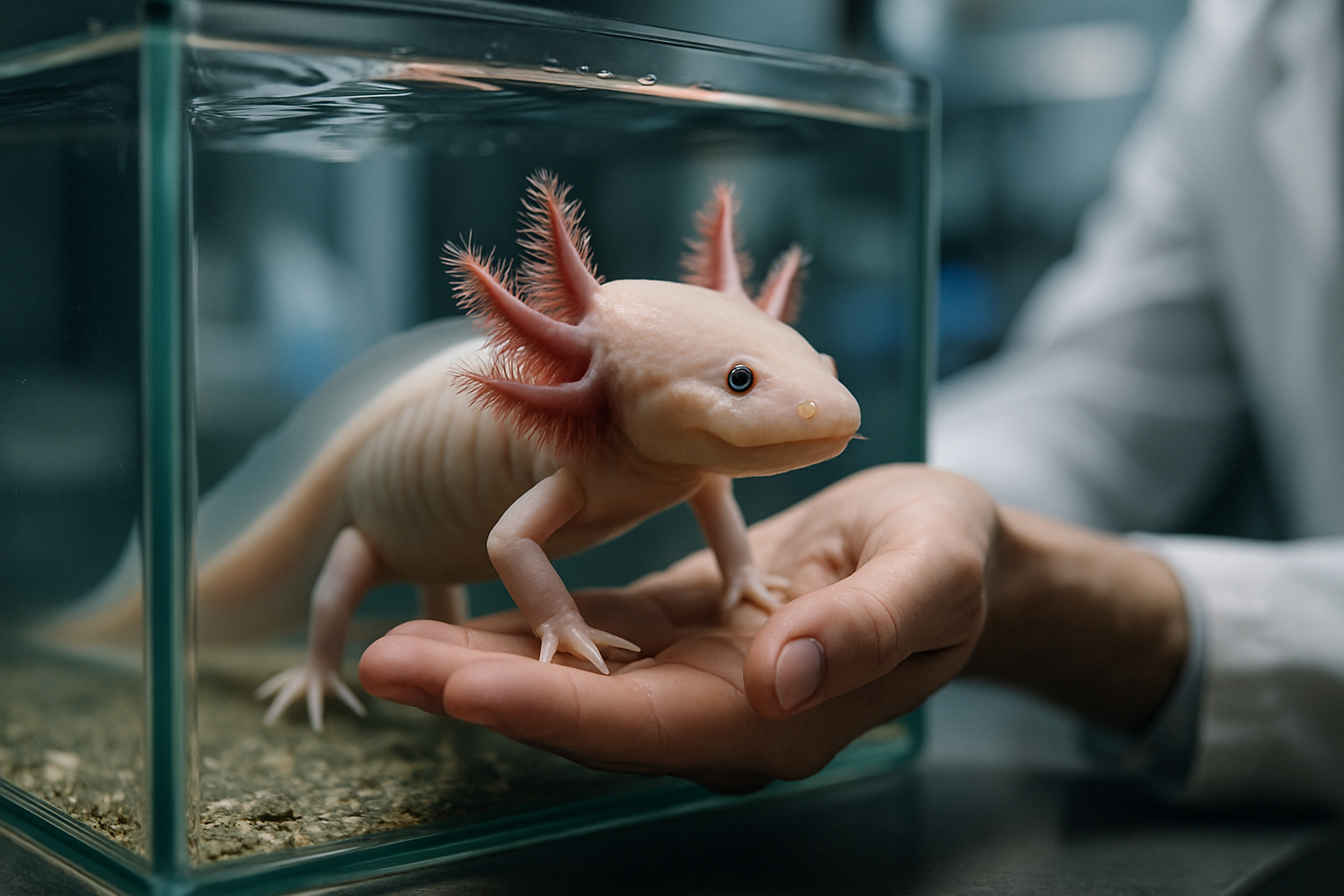The Enigmatic World of Octopus Intelligence
Delve into the fascinating realm of cephalopod cognition as we explore the remarkable intelligence of octopuses. From their problem-solving abilities to their capacity for learning and memory, these eight-armed wonders continue to astound scientists and animal enthusiasts alike. Discover how these invertebrates challenge our understanding of animal intelligence and what their cognitive prowess means for marine conservation efforts.

One of the most striking features of octopus intelligence is their problem-solving prowess. Studies have shown that these creatures can navigate mazes, unscrew jar lids, and even use tools – behaviors once thought to be exclusive to vertebrates. In laboratory settings, octopuses have demonstrated the ability to learn from observation and retain information for extended periods, suggesting a level of cognitive sophistication previously unrecognized in invertebrates.
The Octopus Brain: A Distributed Marvel
Unlike mammals, whose intelligence is centralized in the brain, octopuses have a decentralized nervous system. Approximately two-thirds of their neurons are located in their arms, allowing for semi-autonomous control of each limb. This distributed intelligence enables octopuses to multitask effortlessly, with each arm capable of solving problems independently while the central brain focuses on higher-level cognitive functions.
Research has revealed that octopuses possess both short-term and long-term memory capabilities. They can remember the solutions to puzzles for months and recognize individual human faces, demonstrating a level of social cognition previously thought impossible in invertebrates. This cognitive flexibility allows octopuses to adapt quickly to changing environments and learn from their experiences, a crucial skill for survival in the dynamic ocean ecosystem.
Octopus Communication and Social Behavior
Contrary to the long-held belief that octopuses are solitary creatures, recent studies have uncovered surprising social behaviors in certain species. The discovery of octopus communities, such as Octopolis off the coast of Australia, has challenged our understanding of cephalopod social structures. In these underwater cities, octopuses have been observed engaging in complex interactions, including defensive behaviors and potential mating rituals.
Communication among octopuses is largely based on visual cues, with their ability to change color and texture playing a crucial role. These masters of camouflage can produce a vast array of patterns and hues, not only for concealment but also for intraspecies communication. Scientists are now exploring the possibility of a sophisticated visual language among octopuses, which could revolutionize our understanding of invertebrate communication systems.
Learning and Adaptability: The Octopus as a Master of Change
One of the most remarkable aspects of octopus intelligence is their incredible adaptability. These cephalopods have shown an unparalleled ability to learn and modify their behavior based on new information. In captivity, octopuses quickly learn to distinguish between different objects and solve increasingly complex puzzles, often devising creative solutions that surprise even their human observers.
This adaptability extends to their natural habitat, where octopuses have been observed using coconut shells as portable shelters and manipulating the environment to their advantage. Such behaviors demonstrate not only problem-solving skills but also a form of tool use – a cognitive ability once thought to be the domain of only the most intelligent vertebrates.
Implications for Marine Conservation and Ethics
The growing body of evidence supporting octopus intelligence has significant implications for marine conservation efforts and animal welfare practices. As we recognize the cognitive sophistication of these creatures, questions arise about the ethics of octopus fishing and their treatment in captivity. Some researchers argue that octopuses should be afforded the same ethical considerations as vertebrates in scientific research and aquaculture.
Conservation efforts are now focusing on protecting octopus habitats and implementing sustainable fishing practices to ensure the survival of these intelligent invertebrates. The potential loss of octopus populations due to overfishing and climate change could have far-reaching consequences for marine ecosystems, given their role as both predators and prey in oceanic food webs.
Future Research and Technological Applications
The study of octopus intelligence is not only expanding our understanding of animal cognition but also inspiring technological innovations. Researchers are exploring how the decentralized nervous system of octopuses could inform the development of more efficient artificial intelligence systems and robotics. The octopus’s ability to change shape and texture has already led to advancements in soft robotics, with potential applications in fields ranging from medicine to space exploration.
As we continue to unravel the mysteries of octopus intelligence, we are likely to discover even more astonishing cognitive abilities. Future research may focus on decoding octopus communication, understanding their decision-making processes, and exploring the potential for interspecies communication between humans and these enigmatic creatures.
The enigmatic world of octopus intelligence challenges our perceptions of invertebrate cognition and raises profound questions about the nature of intelligence itself. As we delve deeper into the cognitive abilities of these remarkable cephalopods, we not only gain insights into the diversity of animal minds but also confront our own understanding of consciousness and cognitive evolution. The ongoing exploration of octopus intelligence promises to yield fascinating discoveries that will continue to reshape our view of the animal kingdom and our place within it.





